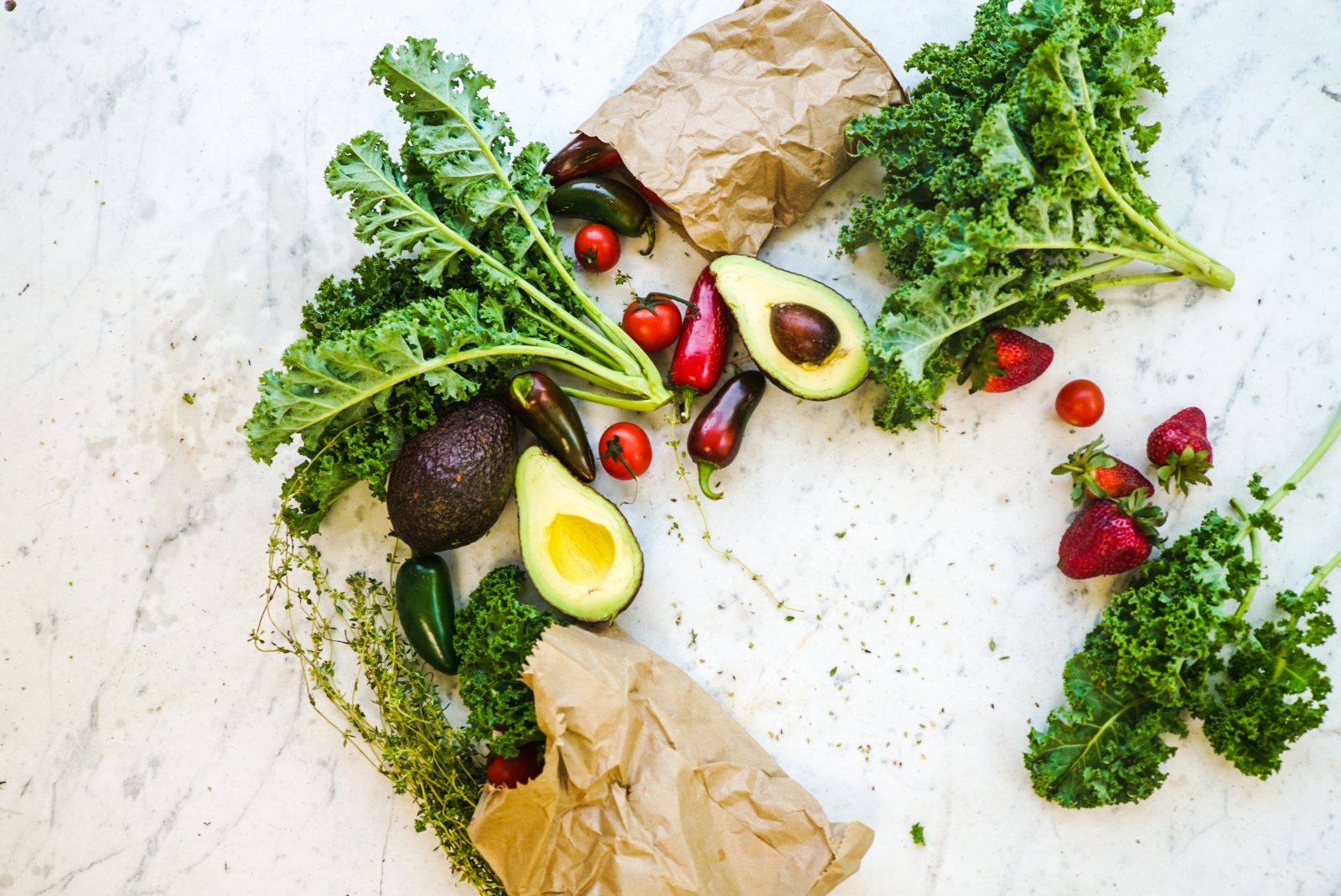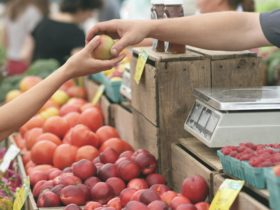The painfully fast growth of foodstuffs should slow down in the coming months, and some foodstuffs will probably even become cheaper. For example, this can be seen in butter or oil, while vegetables and bakery products could become more affordable.
While in January, according to Eurostat data, food prices rose by almost 20 percent year-on-year, even more than average inflation, in the second half of the year, the average price rise should not exceed 10 percent, in line with the inflation estimate.
However, an across-the-board decline in prices cannot be expected. “The dynamics of food price increases are decreasing and gradually stabilizing. In the second half of the year, prices of some items may fall,” agricultural analyst Petr Havel said.
According to him, this will concern crop production, i.e., grain or oilseeds, also thanks to the cheapening of industrial fertilizers. In the case of meat, the impact is expected to be delayed as farmers still buy expensive feed mixtures.
The meat will continue to become more expensive
The halt in food price rises has been helped by the strong crown, which is making imported food cheaper. Due to inflation, real purchasing power has fallen, shops have seen their sales fall, and people are buying even more at discounts. “With the onset of spring, fruit, and vegetables will become cheaper because we can import them from southern Europe, which will be more affordable than the current imports from northern Africa.
Unfortunately, however, the price of meat will continue to rise as farms shrink in many EU countries. We are likely to see further significant price rises for pork in particular,” said BHS economist Štěpán Křeček.
For other foodstuffs of animal origin, he said, prices will, at best, stagnate. However, it is more likely to rise slightly. The exception may be eggs, which may become cheaper as farms recover from the bird flu.
Tomas Prouza, the head of the domestic trade union, also expects vegetables to become cheaper as spring produce arrives. For example, peppers are now extremely expensive in the shops, even more so than expected at winter’s end. This is due to last year’s poor harvest in the growing countries and reduced greenhouse production due to energy prices.
For example, some vegetables are missing from supermarket menus in the UK. “Falling energy prices should lead to a slight price reduction in bakery products, but I believe prices in this segment will stagnate, and bakery producers will want to heal a bit after last year’s sharp increase in energy prices,” Křeček added.
The Bakers’ Association did not want to estimate further price developments because it is forbidden to make such statements by the antitrust authority. He pointed out that chains use bakery prices for marketing campaigns to lure customers into their stores. Bakeries’ flour or energy costs should not rise further.
The chains set prices
Karel Prokop, the owner of an industrial mill in Borovy in the Pilsen region, will not move the price of flour for the time being. “We will certainly not increase the price, but we will not make it cheaper yet. If we do, it will be sometime before the harvest,” he told Právo.
“We don’t set the price. The dairy sets the price, and the chain sets the price. So we live with what the chain lets us have,” Václav Osička from the Doubravský dvůr farm in the Olomouc region said. He now receives CZK 13 for milk. “I can tell the dairy a hundred times that I want a higher price, but they say, ‘Keep the milk, and it won’t be of any use to me tomorrow,'” he shakes his head.
He cannot predict the price development. “It will depend on what happens on the market—whether there is a surplus of milk. The chains can work with this brilliantly because, for example, one truckload of yogurt left somewhere will bring down prices all over the country, but not on the counter, where the consumer will not know it. He will still only pay, and the chain will make a profit,” Osička criticized.






Explore and discuss the values that individuals hold dear. How do these values shape their decisions, actions, and overall outlook on life?
Dominate the competition – your victory is waiting Lucky cola